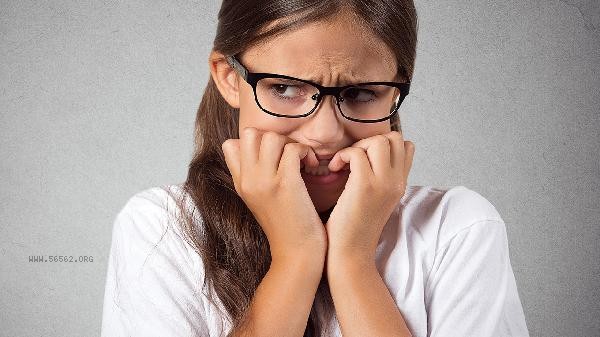Social anxiety disorder can be significantly improved through systematic treatment, but complete cure varies among individuals. The main treatment methods include cognitive-behavioral therapy, medication intervention, exposure therapy, group psychotherapy, mindfulness training, etc.

1. Cognitive Behavioral Therapy
Cognitive behavioral therapy is the core treatment for social anxiety disorder, which helps patients establish reasonable cognitive patterns by identifying and correcting negative automatic thinking. During the treatment process, techniques such as mind recording tables and behavioral experiments will be used to gradually change patients' catastrophic interpretation of social scenes. This therapy needs to last for a long time and be combined with homework to consolidate the effect.
2. Drug intervention
Antidepressants such as paroxetine and sertraline can regulate the levels of neurotransmitters in the brain and alleviate anxiety symptoms. Benzodiazepines can be used for short-term symptom control during acute exacerbations. Medications should be used under the guidance of a psychiatrist and usually require continuous use for several months or more. Do not increase or decrease the dosage or discontinue medication on your own.
3. Exposure therapy
adopts a progressive exposure principle, transitioning from imaginative exposure to real-life exposure. Therapists will develop an exposure level chart to guide patients to repeatedly face fearful scenarios in a safe environment until the anxiety response subsides. This method requires patients to persist in completing exposure tasks, and there may be brief discomfort reactions in the early stages.

4. Group psychotherapy
Under the guidance of professional therapists, patients receive supportive feedback in the group through role-playing, social skills training, and other methods. A group environment can simulate real social scenarios, helping patients practice basic social skills such as eye contact and topic opening, gradually building social confidence.
5. Mindfulness training
cultivates present awareness and reduces overreaction to anxiety symptoms through practices such as breathing meditation and body scanning. Mindfulness training can reduce the overactive state of the amygdala and improve patients' catastrophic interpretation of physiological arousal. It is recommended to practice daily and cooperate with cognitive therapy for better results. The treatment of social anxiety disorder requires multidimensional intervention and long-term persistence. In addition to professional treatment, patients can try regular aerobic exercise to regulate neurotransmitter levels, maintain sufficient sleep to stabilize emotional states, and supplement foods rich in omega-3 fatty acids appropriately. Establish a supportive social network and gradually practice from low stress social activities to avoid excessive self-criticism. Repeated symptoms during the treatment process are a normal phenomenon, and it is necessary to maintain confidence in the treatment and communicate with the doctor in a timely manner to adjust the plan.





Comments (0)
Leave a Comment
No comments yet
Be the first to share your thoughts!